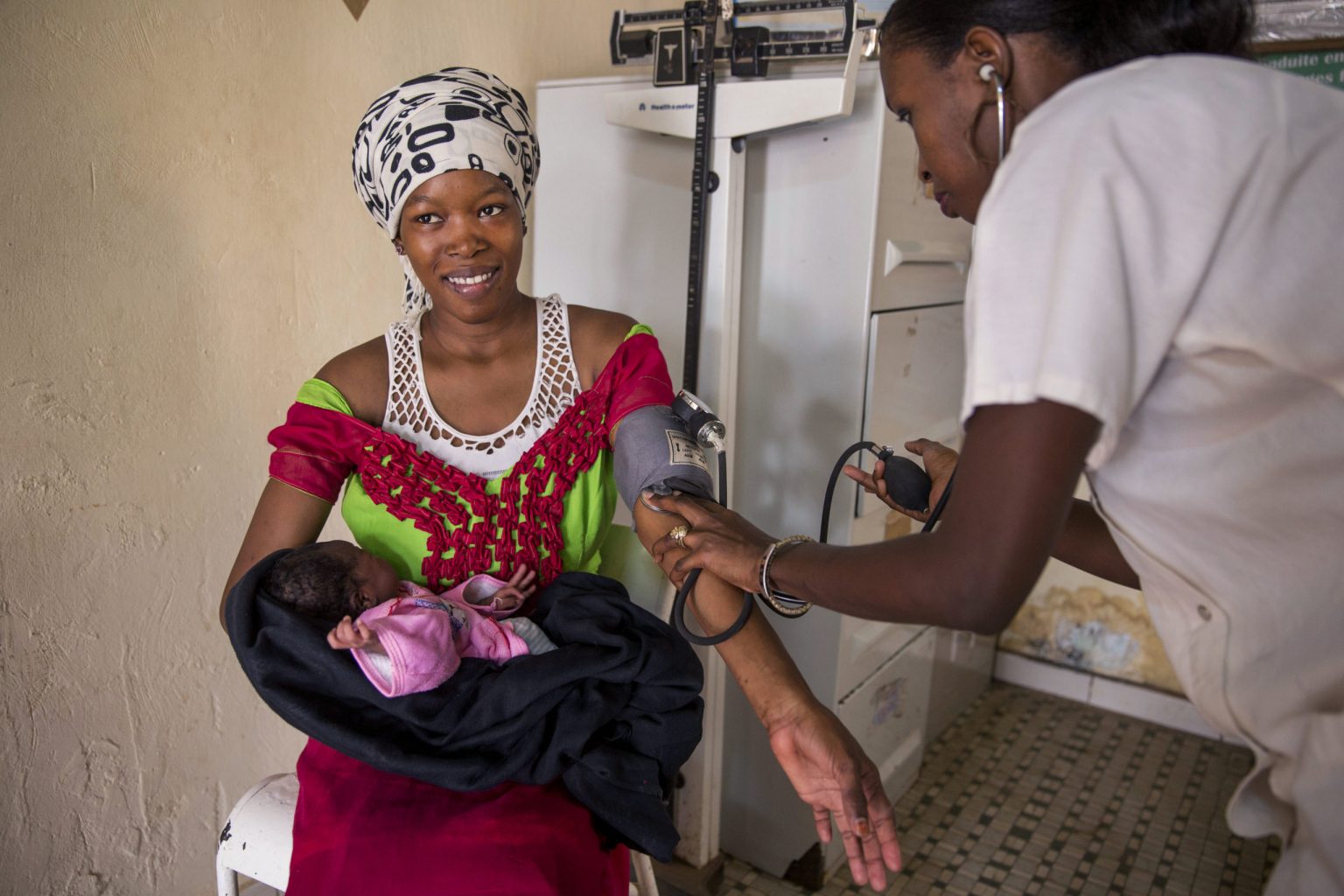Date

Africa accounts for only 1% of global spending yet reports 24% of global health problems
By Mukasiri Sibanda and Ishmael Zulu
Health financing and taxation for health care, a timely report
That COVID-19 has laid bare the global challenges of inequality and poverty is now a motto in development discourse. Although the impact of COVID-19 is multi-dimensional, economic downturn included, its epicenter is the strain on the health sector. A significant cause of concern globally but acutely felt in developing countries, especially on the African continent. Universal access to health is part of the UN’s Sustainable Development Goals (SDGs) which COVID-19 has made a mirage.
Concerned with the ballooning finance gap in the health sector, Tax Justice Network Africa (TJNA) and Christian Aid commissioned a timely report on Health Financing and Taxation for Sustainable Health Care in Africa. The report focused on five countries – Nigeria, Kenya, Burundi, Malawi, and South Sudan. This article does not seek to repeat the whole conversation that marked the report’s launch but shares some key talking points that emerged during the report’s launch.
Numbers do not lie; Africa is in big trouble
Africa must use its resources to invest in modernised essential public services, mainly health and education. Accessible healthcare, for instance, will remain a mirage if Africa continues to rely on Aid. The is why Africa must curb illicit financial flows (IFFs) from the continent. Drivers of IFFs comprise harmful tax practices by multinational corporations, overly generous tax incentives, corruption, and criminal activities. Africa loses over US$50 billion annually, according to the AU/UNECA report of the High-Level Panel on IFFs from Africa.
Mainly because of IFFs, the African continent accounts for 1% of the global health expenditure, 11% of the worldwide population, and 24% of the worldwide health problems. Therefore, it is not surprising that there is a significant gap between child healthcare in Africa and the rest. Even maternal health care is also significantly worse off in Africa.
At the country level, the impact of illicit financial flows is gruesome. Nigeria, one of the country case studies in this report on Health Financing and Taxation for Sustainable Health Care in Africa, accounts for a third of IFFs from Africa, as stated by the HLP report. As of 2015, there were only four doctors for every 10,000 people in Nigeria. In 2016 out of pocket expenditure by individuals was 75.21 % of current health expenditure.
The Abuja Declaration is being ignored
According to The Abuja Declaration, the African governments committed to allocate at least 15% of their total annual national budgets to improve the health sector. Yet despite the challenges posed by IFFs, Nigeria gave a meager 4.1% of the entire budget to health in 2019, that is N367 billion equivalent to US$1 billion. Embarrassingly, Nigeria failed to comply with The Abuja Declaration signed in its capital city, which captures Africa’s commitment to improving health access.
Nigeria is not alone when it comes to failure to follow the Abuja Declaration obligations. All countries included in this study – Burundi, Kenya, Malawi, and South Sudan are in the same category. For instance, South Sudan and Malawi’s 2018/2019 budgetary allocation for health respectively stood at 2% and 9.75% of its total budget; Kenya’s health allocation fell from 7.1% to 3.08% in the 2019/2020 budget; and Burundi allocated about 12% of its budget to the health sector as per UNICEF’s report, 2017. Prioritization of the health sector lacks as a result, taxpayer’ funds are not spent for the benefit of the African people.
Commitment to the Abuja Declaration on health financing is necessary but not adequate
Beyond budgetary allocations required by the Abuja Declaration, the focus should be on the whole health value chain. For instance, growing the size of the public purse by plugging revenue leakages from Africa through illicit financial flows (IFFs) must be prioritised for universal healthcare not to remain a mirage. It is worrisome that African governments continue to give overly generous tax incentives to investors, particularly when research has shown that tax incentives are not necessary to attract investments. In addition to those working on budget transparency and accountability, civil societies must include work on tax incentives to ensure that resources are rechannelled tax revenue for boosting investment into the health sector.
COVID vaccines and taxation, wealthy nations side-tracking developing countries
The choices of rich nations on inequitable access to Covid-19 vaccines mirrors their attitude to global tax reforms. The G7’s proposal for dealing with a broken global financial architecture behind massive profit shifting, tax evasion, and tax avoidance by multinationals is self-catering and disregards developing countries’ interests. The proposed reforms seek to establish a 15% global minimum corporate tax rate to mitigate profit shifting, tax competition, and aggressive tax planning. The proposed 15% global minimum corporate tax rate falls below the 25% rate that civil society actors are demanding to prevent decimating the tax base for developing countries. Because of the flawed design, G7, with 10% of the world’s population, will gain more than 60% of additional tax revenue through its sponsored global tax reforms. This broken tax reform must be challenged and resisted by developing countries and civil society actors.
Mukasiri is the Stop The Bleeding Consortia Coordinator and Zulu, the Policy Officer in charge Tax and Equity with Tax Justice Network Africa.